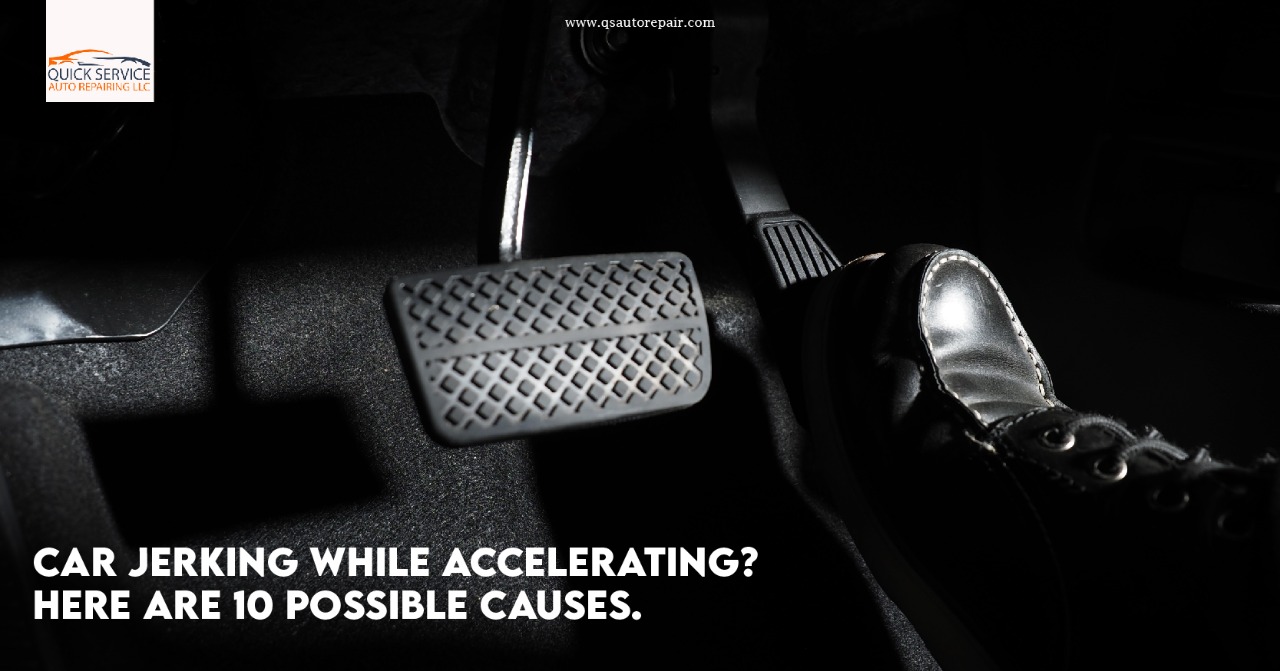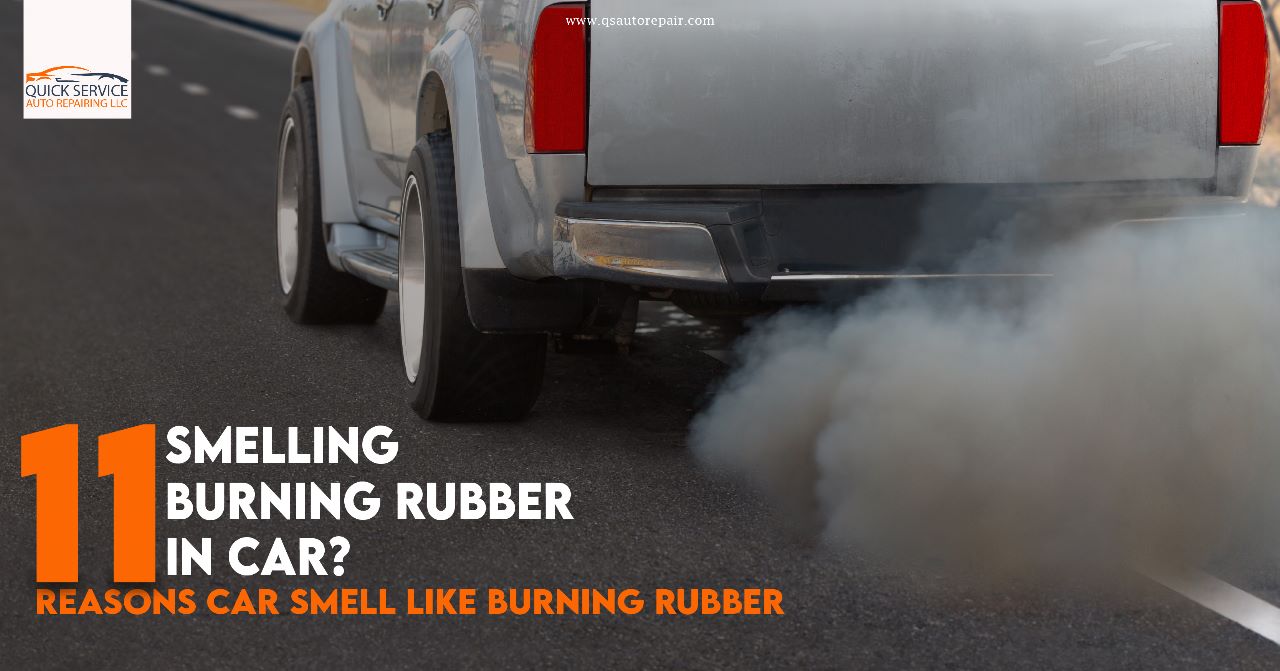We Are Open 7 Days a Week
Fri to Thu 08:00 AM - 10:00 PM
5 Reasons Why an Audi Vibrates at highway Speeds

Audi is a German car company founded in 1909 by August Horch. The company’s name is based on the Latin translation of Horch’s last name. Audi is part of the Volkswagen Group and produces luxury vehicles. Audi cars are known for their Quattro all-wheel drive system, which delivers excellent traction and handling in all weather conditions. The company’s tagline is “Vorsprung Durch Technik,” which means “Progress through Technology. Audi’s known for their sophisticated design, powerful engines, and Quattro all-wheel drive system. Some popular Audi models include the A4, A6, and Q5.
While Audis are considered some of the best cars on the market, they have one common problem- vibration at highway speeds. This problem is typically caused by imbalanced tires, incorrect wheel alignment, or worn suspension components.
If you’re experiencing vibration from your Audi at highway speeds, it’s essential to take it to a qualified mechanic for diagnosis and repair. Ignoring the problem could lead to further damage to your vehicle.
Here are 5 potential Why an Audi Vibrates at highway Speeds:
1. Loose Wheel or Tire
If you’re driving an Audi and you notice it vibrating at high speeds, there are a few potential causes. A loose wheel or tire is one possible explanation. If a wheel is loose, it can cause your car to vibrate. Ensure all the lug nuts are tight and the tires are properly inflated.
Over time, shocks and struts can wear out, leading to a rough ride. If you suspect your suspension is the culprit, have it inspected by a qualified mechanic. Lastly, imbalanced wheels can also cause vibration. If your wheels are out of balance, they need to be rebalanced by a professional. Balancing the wheels of Audi will allow them to run smoothly and quietly.
2. Engine Misfiring
If your engine is misfiring, it can cause vibrations that will be felt throughout the car. This is usually caused by spark plugs that are fouled or damaged, an ignition system failing or a vacuum leak.
Its owners have reported feeling a vibration in their cars at highway speeds, most likely due to an engine misfire. The engine may be missing one or more cylinders, which can cause the car to vibrate. In some cases, the spark plugs may cause the problem. If they are fouled or damaged, they can cause the engine to misfire. The ignition system may also fail if the car vibrates at highway speeds. Finally, a vacuum leak can also cause the engine to misfire.
3. Defective Transmission
Audi is known for its luxurious cars that provide a smooth ride. However, if your transmission is not functioning properly, it can cause vibrations that will be felt throughout the car. This is often caused by a problem with the torque converter or clutch. If you notice it’s vibrating, it’s important to take it to a mechanic to diagnose and fix the problem. Otherwise, you may continue to experience vibrations and other issues while driving.
4. Worn Suspension:
If your car is vibrating while driving, it could indicate that your suspension is worn out. Worn-out suspension components can cause problems, from vibrations felt throughout the car to decreased handling and braking ability. If you’re experiencing any of these problems, it’s important to get your car checked out by a mechanic as soon as possible.
5. Worn-out Brakes:
If your Audi vibrates, it’s likely due to worn-out brakes. Brakes can wear out for several reasons, including driving in stop-and-go traffic or hauling heavy loads. When brakes are worn out, they can cause vibrations that will be felt throughout the car. This can be dangerous, making it difficult to control the car. If you suspect that your brakes are worn out, it’s important to have them checked by a qualified mechanic as soon as possible.
If your brakes are worn-out, they can cause vibrations that will be felt throughout the car. This is often caused by worn-out brake pads, which can make your car shake when you hit the brakes. Other causes of brake vibration include warped rotors, loose wheel bearings, and faulty calipers. If you’re experiencing brake vibration, it’s important to have it checked out by a qualified mechanic to ensure that your brakes are in good working condition.
What are the consequences of ignoring if Audi vibrates?
If you’re experiencing vibrations in your Audi while driving on the highway, you may be tempted to ignore them. After all, it’s not affecting your driving ability, and it may go away. However, ignoring the problem can lead to severe consequences.
The vibrations could be caused by a problem with the suspension or tires. These problems will only worsen if ignored, leading to more expensive repairs. Additionally, the vibrations could indicate a more significant issue with the engine or transmission. Ignoring these issues can lead to catastrophic failure and leave you stranded on the side of the road.
So if you’re feeling vibrations while driving your Audi, don’t ignore them! Take it to a qualified mechanic for an examination. It’s better to be safe than sorry when it comes to your car.
How can you fix the problem if Audi Vibrates at highway Speeds?
If your Audi is vibrating, there are a few potential causes and solutions. First, check your tire pressure and make sure all the tires are inflated to the same pressure. If that doesn’t fix the problem, you may need to have your wheels aligned or balanced. You can also try switching to a different brand of tires. If none of these fixes work, you may need to take your car to a mechanic for further evaluation.
Frequently Asked Questions
Why does my car vibrate when I go over 70 mph?
Several reasons your car might vibrate when you go over 70 mph. It could be due to a problem with the engine, tires, or suspension. If the engine is the issue, it could be that the spark plugs must be replaced or the engine mounts are loose. If it’s the tires, they may be unbalanced or low on air. And if it’s the suspension, it could be that the shocks are worn out or that the alignment is off. If you’re not sure what’s causing the vibration, take your car to a mechanic and have them check it out.
Can uneven brake rotors cause a car to shake?
Yes, uneven brake rotors can cause a car to shake. This is because the rotors cannot evenly distribute the force of the brakes when applied, which can cause the car to vibrate.
Is it permissible to drive a car while shaking?
No, it is not ok to drive a car while shaking. This could be a sign of a medical emergency, and operating a vehicle in this condition is not safe. If you are experiencing shaking, please pull over and seek medical attention.
Do brand-new tires need to be balanced?
Yes, brand-new tires need to be balanced. The tire and wheel assembly weights are not evenly distributed around the axle. When the tires are not balanced, it causes the vehicle to vibrate, which can be uncomfortable for the driver and passengers. It can also cause premature wear on the tires and suspension components.
How are A4 wheels balanced?
A4 wheels are balanced by placing weights on the inner and outer edges of the wheel. This helps to ensure that the wheel is evenly balanced and helps to prevent vibration when driving.
How is wheel alignment performed on Audi A4?
Wheel alignment is a process in which the wheels of a vehicle are adjusted so that they are pointing in the same direction. This is done by a mechanic, who uses special equipment to measure the position of the wheels and then adjust them accordingly.
The process of a wheel alignment is important for several reasons. First, it ensures that the vehicle can drive in a straight line. Second, it helps to improve fuel efficiency by reducing drag on the tires. Finally, it can help extend the tires’ life by preventing them from wearing unevenly.
How often should Audi A4 tires be balanced?
Audi A4 tires should be balanced every 6,000 miles.
Conclusion:
The Audi is a great car, but it’s not infallible. You can avoid many common problems by taking good care of your car and following these simple tips:
1. Check your tires regularly. Ensure they are inflated to the proper pressure and that there is no tread wear.
2. Get your oil changed on time. This will help keep your engine clean and performing smoothly.
3. Keep an eye on your brake pads and rotors. If they start to wear down, replace them before they cause any damage to your car.
4. Inspect your suspension system periodically to ensure all the components are in good condition.
5. Take care of any minor body damage as soon as possible to prevent it from becoming a bigger problem later on down the road.









